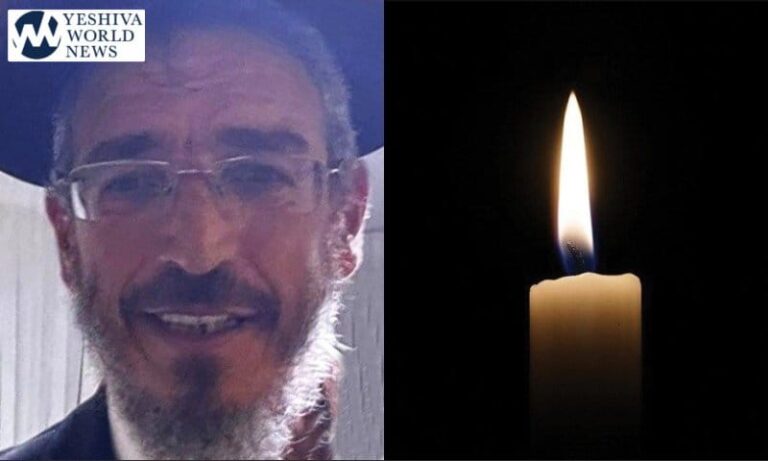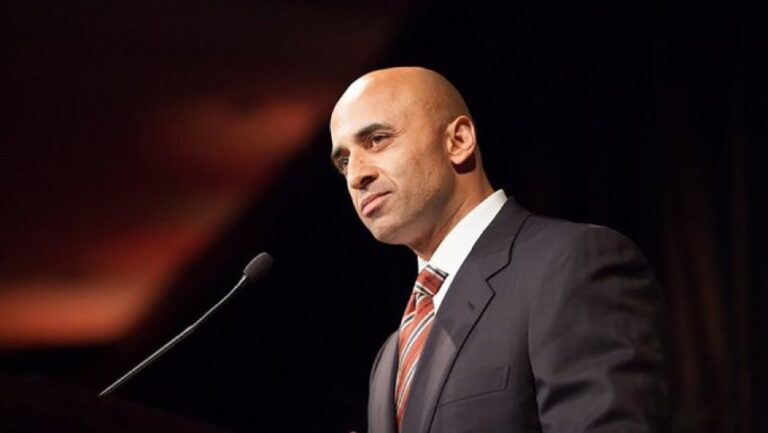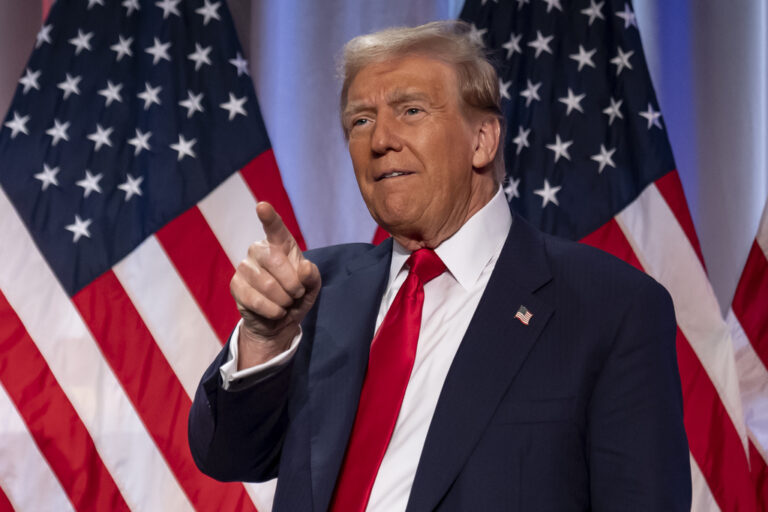 U.S. President Barack Obama and Republican challenger Mitt Romney remain essentially tied in the race for the White House with razor thin margins in four key swing states, according to a Reuters/Ipsos daily tracking poll released on Saturday.
U.S. President Barack Obama and Republican challenger Mitt Romney remain essentially tied in the race for the White House with razor thin margins in four key swing states, according to a Reuters/Ipsos daily tracking poll released on Saturday.
Three days before the Nov. 6 election, both men are neck and neck in Ohio, Florida, Virginia and Colorado, the poll showed.
Nationally, the electorate is divided. Of likely voters polled, 47 percent said they would back Obama, the Democratic incumbent, while 46 percent said they would back Romney, the former Massachusetts governor.
The results fall within the polls’ credibility interval, a tool used to account for statistical variation in Internet-based polls.
The two men have been locked in a tight race for weeks. Both are doing final campaign swings over the weekend, trying to sway a small group of remaining undecided voters and to encourage their supporters to get to the polls.
A handful of states that traditionally swing between voting for Republican and Democratic presidential candidates will determine who wins the White House. All of them are close.
In one of the biggest prizes of the election – Ohio – Obama has a very slight lead over Romney with 46 percent compared to 45 percent support among likely voters, the poll showed.
In Florida, another big prize, they are tied at 47 percent.
In Virginia, Obama leads Romney 48 percent to 45 percent among likely voters. In Colorado, Romney leads Obama 47 percent to 45 percent.
“It’s really going to come down to the wire,” said Ipsos pollster Julia Clark, adding that Obama still had a better likelihood of winning the 270 state electoral votes needed to secure victory.
But with the data tight in the swing states for both candidates, she added: “I don’t think we can count any of them in the bag yet.”
“The electoral map does favor Obama,” Clark said. “It’s just so on a razor’s edge.”
The precision of the Reuters/Ipsos online polls is measured using a credibility interval, which in the case of the national poll is plus or minus 3.4 percentage points for likely voters.
(Reuters)










